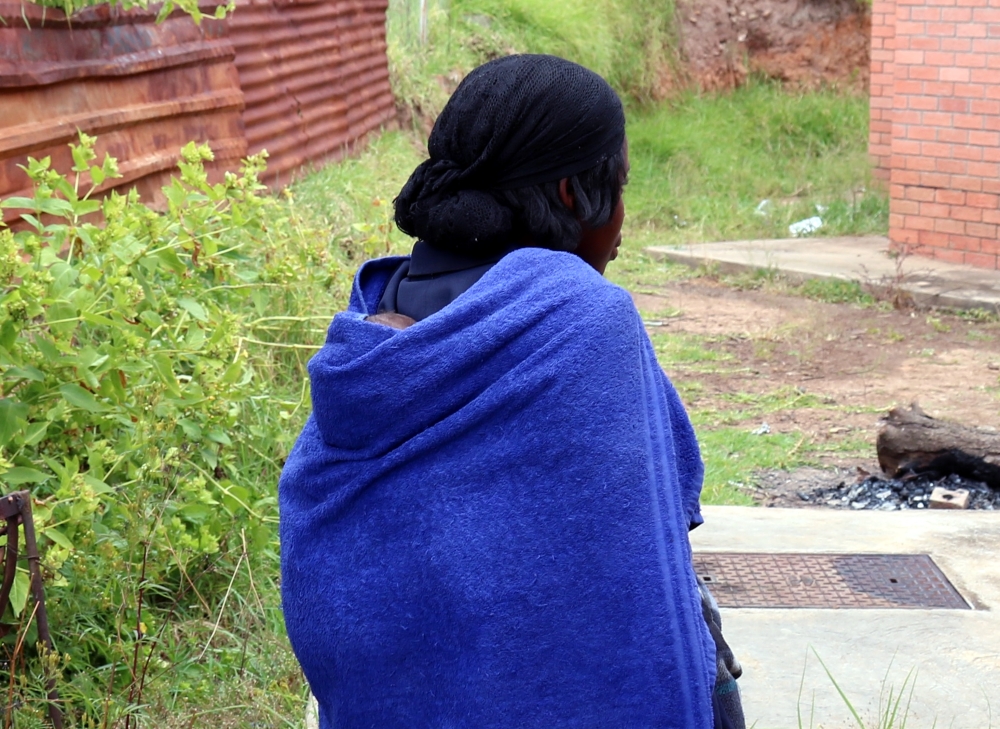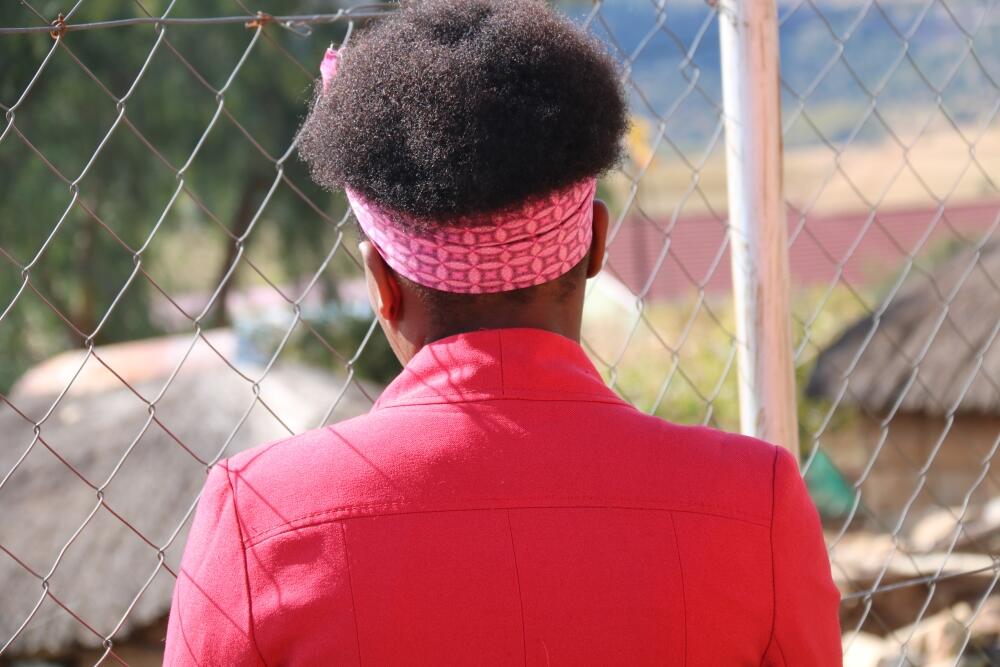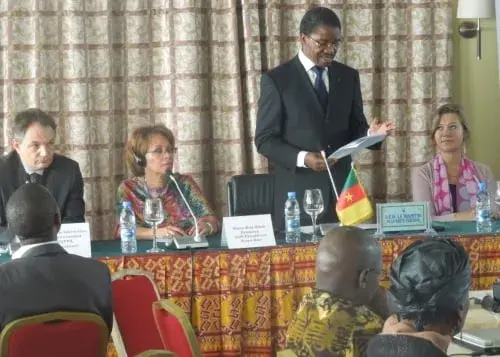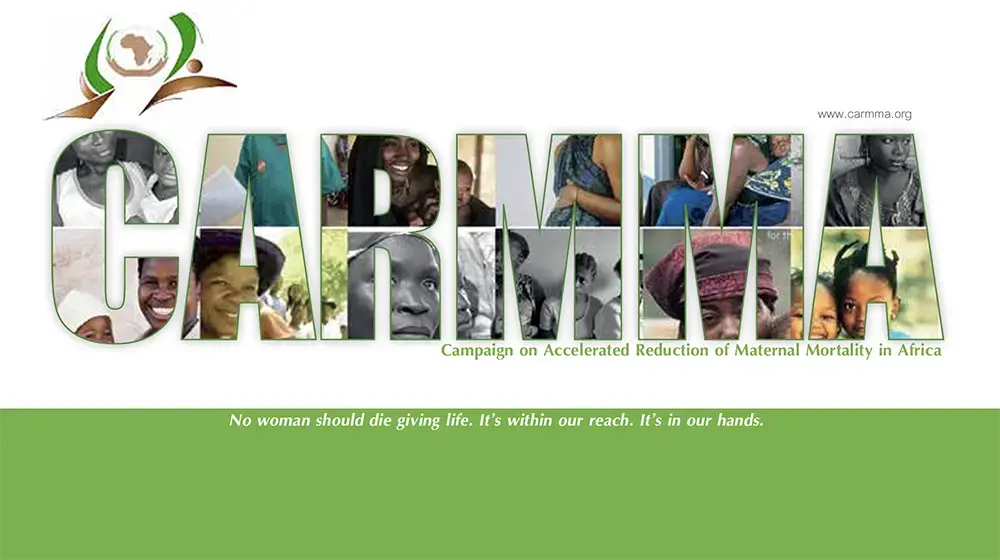MASERU DISTRICT, Lesotho – She was traumatized by her father raping her from the age of 13 until he was caught when she was 15 years old. At school she had to repeat Form B three times – not because she was not smart, but because she was barred from sitting exams due to unpaid school fees.
It is not hard to see why Lerato*, now 22, believed her future was gloomy.
A single mother of two, she lives with her father. He served one year in jail for sexually assaulting her. Her mother had died when she was nine years old.
Despite such difficult odds, her outlook has now changed for the better.
He never ceases to remind me how I have brought two fatherless children into our home. – Lerato, 22, speaking of her father, who served time in jail for raping her repeatedly in her teens
Giving abused women the support they need
Lerato was invited to take part in a workshop on gender-based violence and economic empowerment, held in Maseru district with support from UNFPA, the United Nations Population Fund.
“I needed the counselling,” she says. “My father supports me and my children as I am not employed, but he never ceases to remind me how I have brought two fatherless children into our home.”
Since attending the workshop, Lerato is able to envision a brighter future for herself. She feels she acquired sufficient skills to be able to start a small business of selling secondhand clothes – if she is able to raise enough funds to purchase the stock, that is.
Empowering GBV survivors to empower others
The training Lerato received not only helped her identify a market for goods to sell. It empowered her with valuable information on the different forms of gender-based violence, and provided her with counselling, something that she realizes she greatly needed.
Once her business is up and running, she believes she will be able to take care of her children and her siblings.
The training she attended forms part of activities under a UK DFID-funded humanitarian project for support to survivors of gender-based violence, following the El Niño-induced drought in 2015-2016. UNFPA secured funding for the project through a joint programme with other United Nations agencies. It focuses in four districts of Mohale’s Hoek, Mafeteng, Maseru and Butha-Buthe.
As part of the project, a study was undertaken to determine the magnitude of El Niño-induced gender-based violence. This showed that about 54 per cent of people believed GBV increased during 12 months of the El Niño-related drought. Common forms of GBV experienced during this period were physical violence (26 per cent), sexual violence (26 per cent), emotional violence (21 per cent) and theft and robbery (33 per cent).
To date, UNFPA has supported the training of trainers on GBV basics, survivor-centred and referral pathways; clinical management of rape (CMR) training and community fora/dialogues; as well as training of community leaders.
Married off at age 15 because of an incorrect rumour

Mpho*, 17, was married at the age of 15, not because she was in love with her husband but because the community alleged that she was pregnant.
“My husband was a herder for our neighbour and just because he used to visit our home, community members started a rumour that he had made me pregnant. Of course I was not pregnant but because of the pressure, he married me,” she says.
In Lesotho, the adolescent birth rate is relatively high, at 94 live births per 1,000 girls aged 15 to 19 years1 .
She is now able to identify various forms of gender-based violence, and understands that it includes economic, emotional or physical abuse – thanks to the training she received at the workshop.
It is very painful for me to see my peers going to school while I (stay at home) to look after a child and husband.
With the skills she acquired from the training, Mpho hopes to start generating an income for her family. She plans to sell sweets and snacks.
She advises others never to take a decision based on rumours. “It is very painful for me to see my peers going to school while I now have to look after a child and husband.”
It was not only young women who benefited from the training.
Long years of enduring gender-based violence

‘Masefako*, 64, who has eight children and a husband who was constantly away from home, shed tears as she related how she endured hardship and gender-based violence throughout her married life.
She will never forget the morning one of her children, then aged 10, drank a lot of water because, he told her, he was hungry. Her children had gone to bed without a meal the previous night.
When her husband finally returned home, it was to die in her arms on the way to hospital.
All my married life has been characterized by destitution and suffering but after this training, I think I still have a chance.
He was ill when he came back to her and she knew she had to get help. With no means of transport from her village, she pushed him in a wheelbarrow to the tarred road, from where she managed to arrange transport to hospital.
He never made it.
“All my married life has been characterized by destitution and suffering, but after this training, I think I still have a chance. I want to start selling paraffin,” she says.
Apart from learning about how to start a business, the women taking part got a boost in self-confidence.
“Our pride as women had been at the lowest (level). But after this training we are confident and look forward to embracing the future,” says ‘Mathabo*.
Learning new skills for economic empowerment
All of them survivors of gender-based violence, the women were trained on issues of gender so they could identify how gender influences business. They learnt basic skills for running a business, how to conduct market research and how to draw up a business plan, says Gender Links County Manager ‘Manteboheleng Mabetha.
Despite the hardships that you have suffered, you have not lost your sense of joy.

UNFPA has partnered with Gender Links to conduct this training in four districts under the project.
UNFPA Representative Nuzhat Ehsan commended the women who participated for their resilience and resourcefulness. “Despite the hardships that you have suffered, you have not lost your sense of joy,” she says. She pledged UNFPA support for further empowerment of the women.
The project has to date included community dialogues and activities to raise community awareness of and participation in tackling gender-based violence as a result of emergencies.
By Violet Maraisane
*Names changed to protect right to privacy





